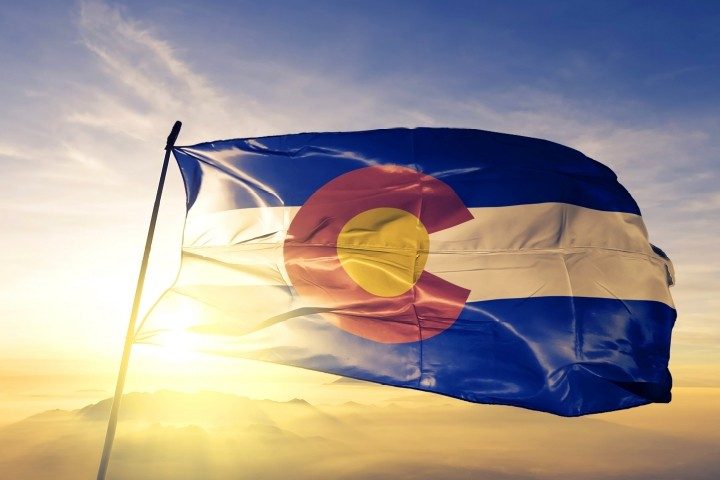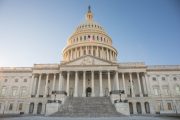
Will the Centennial State’s voters restore some constitutional common sense to their election system?
On Tuesday, Colorado voters will have the opportunity to overturn the 2019 decision by their Democrat-controlled state legislature and Democrat governor to join the National Popular Vote Interstate Compact (NPV compact), which would take away the state’s nine electoral votes from the movement.
The NPV compact is a group of states that together agree, if their coalition grows to include 270 electoral votes, that they will give those votes to the presidential candidate who wins the national popular vote. Per the compact’s website, there are currently 15 states and Washington, D.C., in on the agreement, totaling 196 electoral votes.
Among the states is Colorado, which joined in 2019. But the Tuesday vote would mark the first time voters in a state have themselves decided on whether they want to form part of the compact.
This vote will be on the November 3 ballot after a group opposing the compact collected more than 225,000 signatures in support of repealing the law. If it is overturned, it would represent a victory for those who favor keeping the Electoral College as it currently stands.
“When the founders came up with the Electoral College, they recognized it as a brilliant compromise that respected the fact that the power comes from the people, but we also have states,” said Trent England, who serves as executive director of the anti-NPV organization Save Our States. “It prevented the biggest states or the biggest cities from controlling everything…. It’s still true today.”
England added, “The Electoral College still makes sure our executive branch is not just run by a handful of big cities or the strips of population-dense areas on the coast. The campaigns are fighting it out across the country in states like Arizona, Nevada and Wisconsin.”
Proponents of keeping the Electoral College as is argue that if the presidential race were decided by the popular vote, candidates would have no motivation to visit sparsely-populated areas and would instead focus only on urban areas such as New York and Los Angeles. This would make presidents more invested in “blue issues” such as high taxes and big government programs — which is exactly what is desired by the Left.
It would also erode states’ rights by undoing the states’ autonomy and making them no more than appendages supporting a supreme central government — which is exactly what is desired by the globalists who seek to undo our federal system in favor of a centralized one and from there erode our national sovereignty to merge us into a world government.
Saul Anuzis, a senior advisor to the National Popular Vote Interstate Compact organization and former chairman of the Michigan Republican Party, claimed the current system makes it so most Americans’ votes don’t matter.
“What happens is instead of electing the president of the United States of America we end up electing the president of the battleground states of America,” he said.
Anuzis continued, “It perverts public policy. It perverts politics. If you look at the policy front, battleground states tend to get seven to 10 percent more federal funding than non-battleground states. They’re twice as likely to get exemptions from things like No Child Left Behind or anything else. I would submit to you we have ethanol because of Iowa. We passed prescription B because of Florida.”
But England counters, “The advantage of a two-step Democratic process is that it prevents regional politics. It promotes national politics, it forces the political parties to be more national than they would otherwise have to be … by using geography as a proxy for diversity.”
England also pointed to another important point: voter fraud. Under the current system, voter mishaps are limited to impacting the results of only one state’s election, as with the “hanging chads” incident in Florida in the 2000 presidential contest. But if the election were a national affair, and every single vote could make the difference, just imagine the voter fraud, legal disputes, and calls for recounts that would ensue. Every election would be a mess. It would damage voters’ faith in the system and create even more bitterness, distrust, and resentment.
Coloradans must defeat the National Popular Vote Interstate Compact and Americans everywhere must ensure their states do not enter into it. It would only put our nation on the fast track to the total loss of our constitutional liberties.


